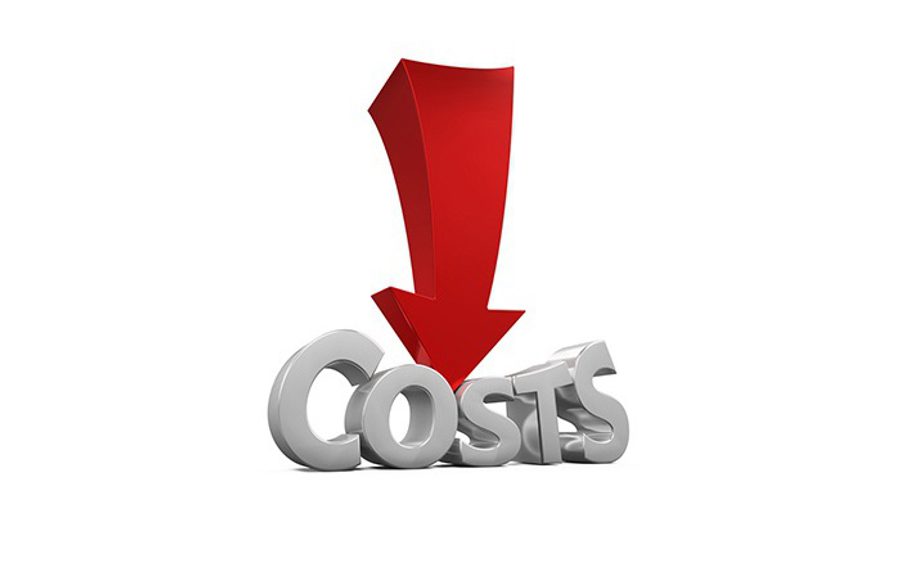Note: This information is from 2017 but much has changed since then. Please be sure to discuss your unique financial situation with your McKinley Carter Advisor or another trusted professional.

McKinley Carter Wealth Services’ mission is to offer comprehensive investment programs to help our clients achieve their long-term financial goals.
McKinley Carter Wealth Services’ mission is to offer comprehensive investment programs to help our clients achieve their long-term financial goals. Our clients place their trust in us to serve as their fiduciary, a role that obligates McKinley Carter to place our clients’ interests above all else. To that end, we continuously seek to identify the optimal investments to align with the risk and return objectives most appropriate for each client.
Our Investment Strategy Council (ISC), which is comprised of five “veteran” investment advisors and chaired by MCWS President David McKinley, continuously reviews client portfolios to identify opportunities that best serve clients’ interests. As part of that review, the council searches for ways to reduce client costs, without compromising their individual investment strategies.
Much of the ISC’s work occurs in the background and is not always readily apparent to our clients. A good example of its positive, behind-the-scenes impact is an investment transaction the council implemented last month.
The ISC had identified a unique opportunity for clients holding ARTKX (Artisan International Value Fund) whereby the council members determined an exchange of ARTKX shares into an identical fund with a different share class would result in a meaningful cost savings for clients. Again, the two funds, ARTKX and APRDX, are identical in all respects — same holdings, same fund manager — with the exception of their share class.
What is a share class? A mutual fund, with one portfolio and one investment adviser/fund manager, may offer more than one “class” of its shares to investors. Each class represents a similar interest in the mutual fund’s portfolio. The main difference between the classes is the mutual fund will charge different fees and expenses.
In our example, ARTKX Advisor Class has an annual fee of 1.23%, while APRDX Investor Class has an annual fund fee of 1.07%. Thus, the exchange executed by the ISC created a savings of 0.16% annually on our clients’ APRDX market value.
While this exchange has no impact on the investment strategy of our clients’ portfolios given the two mutual funds are identical, it does have an impact on portfolio performance. To put the cost savings in context, holders of APRDX will realize 0.8% — or close to 1.0% — greater performance than ARTKX holders over five years. Moreover, this exchange is considered to be tax-free, so clients will incur no tax liability in its execution.
The McKinley Carter team values the trust you, the client, place in us each and every day. We enjoy serving you and are always proud to put your interests first to help you reach your financial goals.
